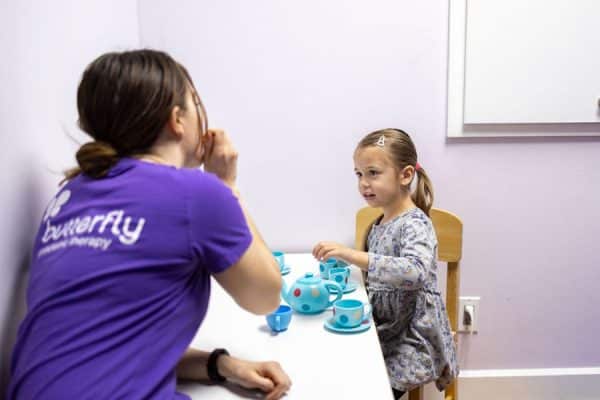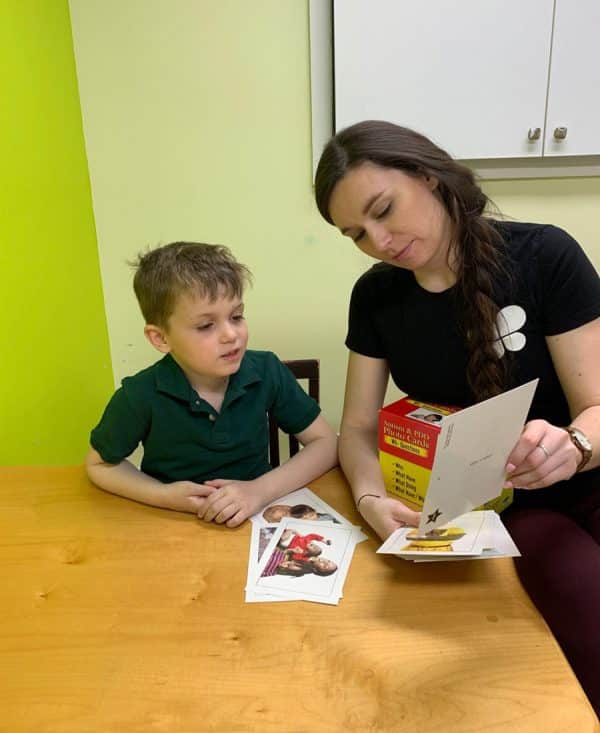Helping Children Overcome Stuttering and Build Fluent Communication
Have you noticed your child repeating sounds, syllables or words when speaking (e.g. I w-w-w-want that”)? Maybe they are stretching sounds out (e.g. mmmmmmom) or experiencing blocks of airflow where they are trying to speak and nothing is coming out. Sometimes you might notice other behaviors accompanying these moments like eye blinking or head jerking. These moments could be characterized as stuttering or disfluent speech. There is no single cause of stuttering and research suggests that it may be a combination of genetics, environments and the child’s temperament. Many children go through a phase of “typical disfluency”, however, if it persists for 6 months, a stuttering assessment is encouraged. During the assessment, our Speech-Language Pathologists will gather a detailed case history including details about your child’s stutter, assess your child’s fluency in a variety of speaking tasks (e.g. through play, picture description, reading), and assess their feelings and attitude towards stuttering. You may be asked to bring in a video sample of their conversational speech at home.Why Butterfly?
Our therapists strongly feel that early intervention is key for treatment of stuttering. Rapport is a huge part of success with stuttering therapy and will be at the forefront of our clinician’s treatment plans. Treatment varies depending on the individual child but may include: education about stuttering, direct and indirect strategies to decrease disfluencies and discussions surrounding feelings and attitudes towards stuttering. Our team utilizes the framework “The Fluency School Stuttering Toolbox” created by SLP Stephen Groner. In addition, members of our team are trained in “The Lidcombe Program for Stuttering”, created for younger children. Your therapist will utilize these tools to customize a treatment plan to suit your child’s needs and personality for optimal success.

